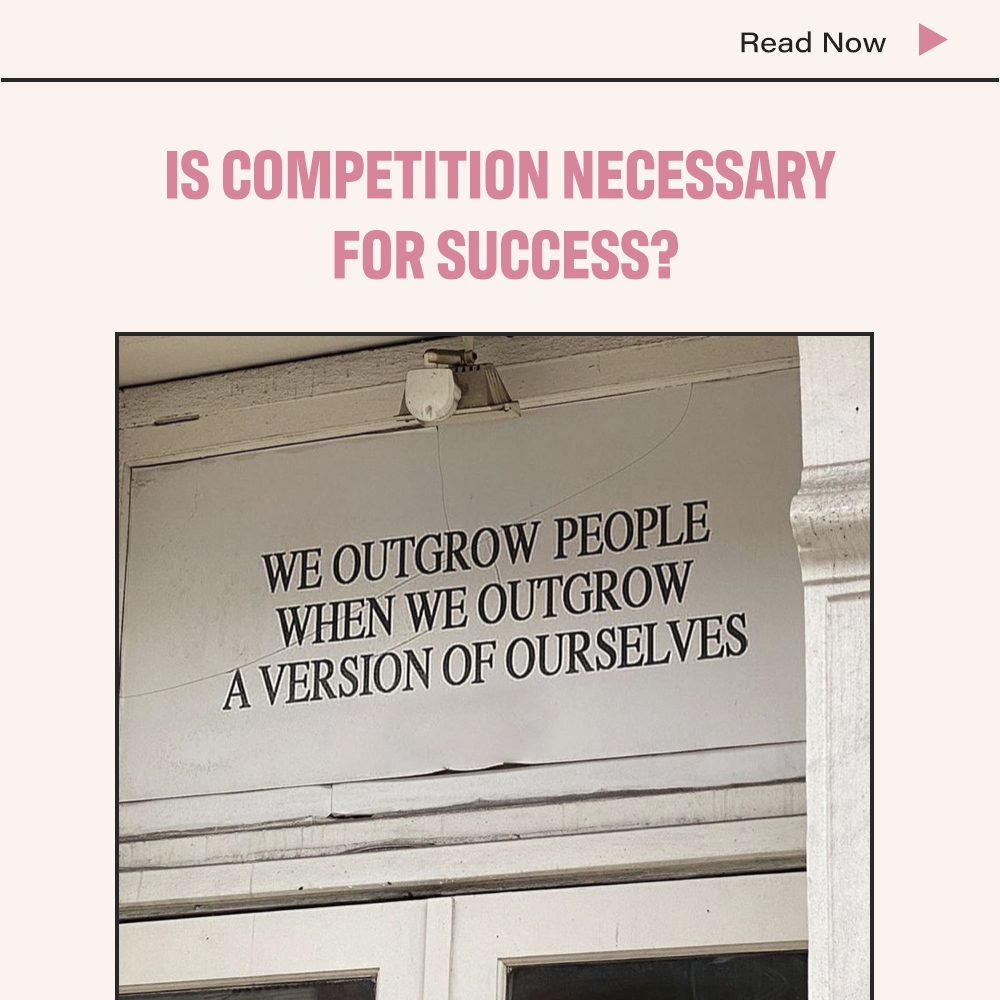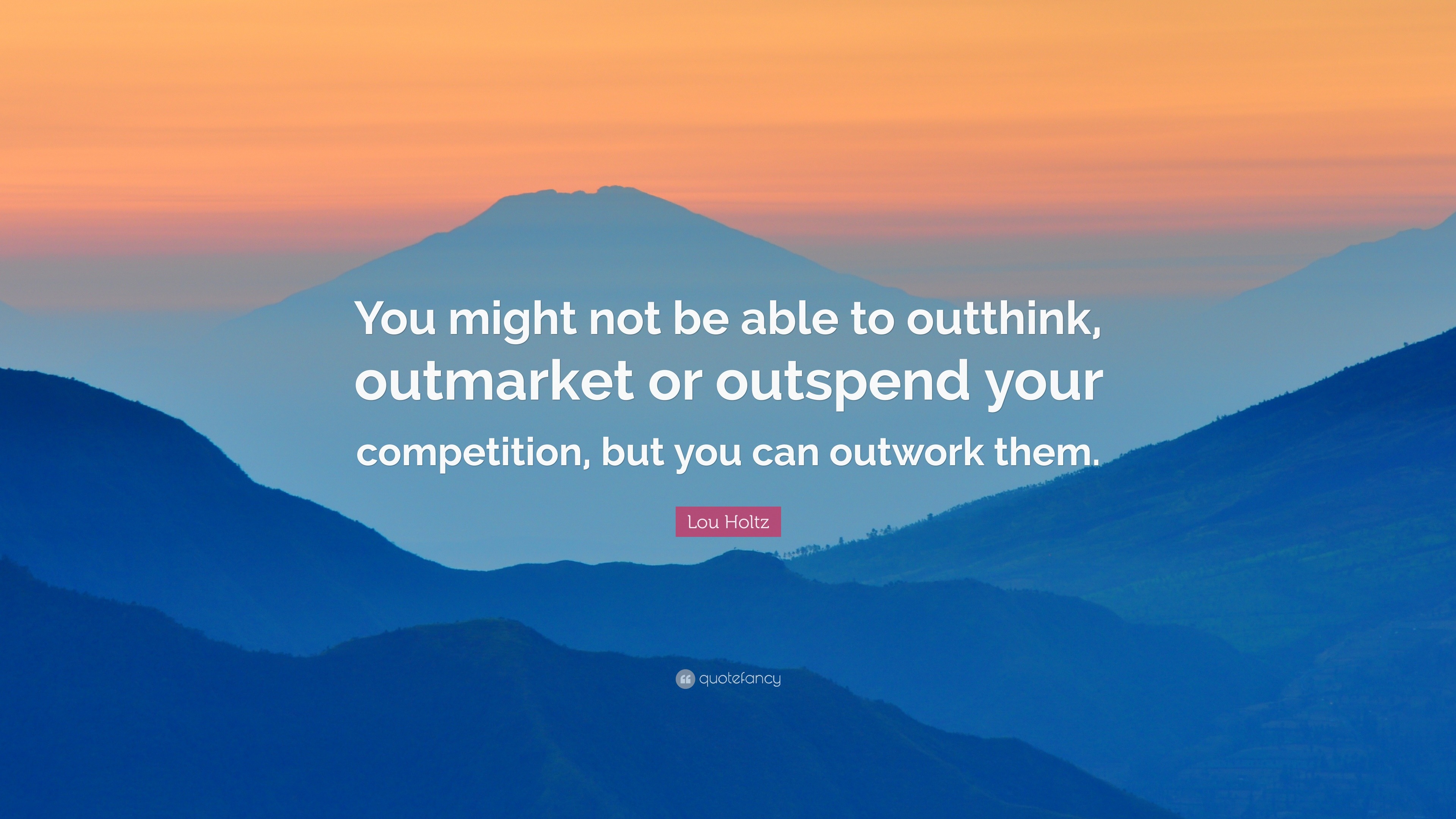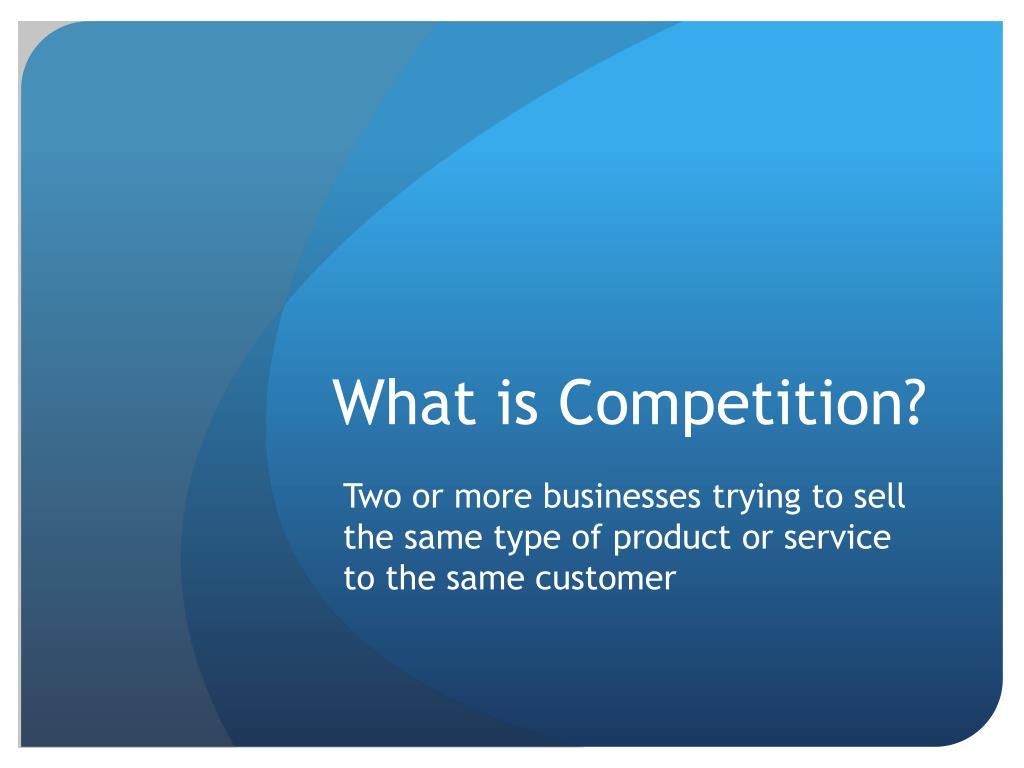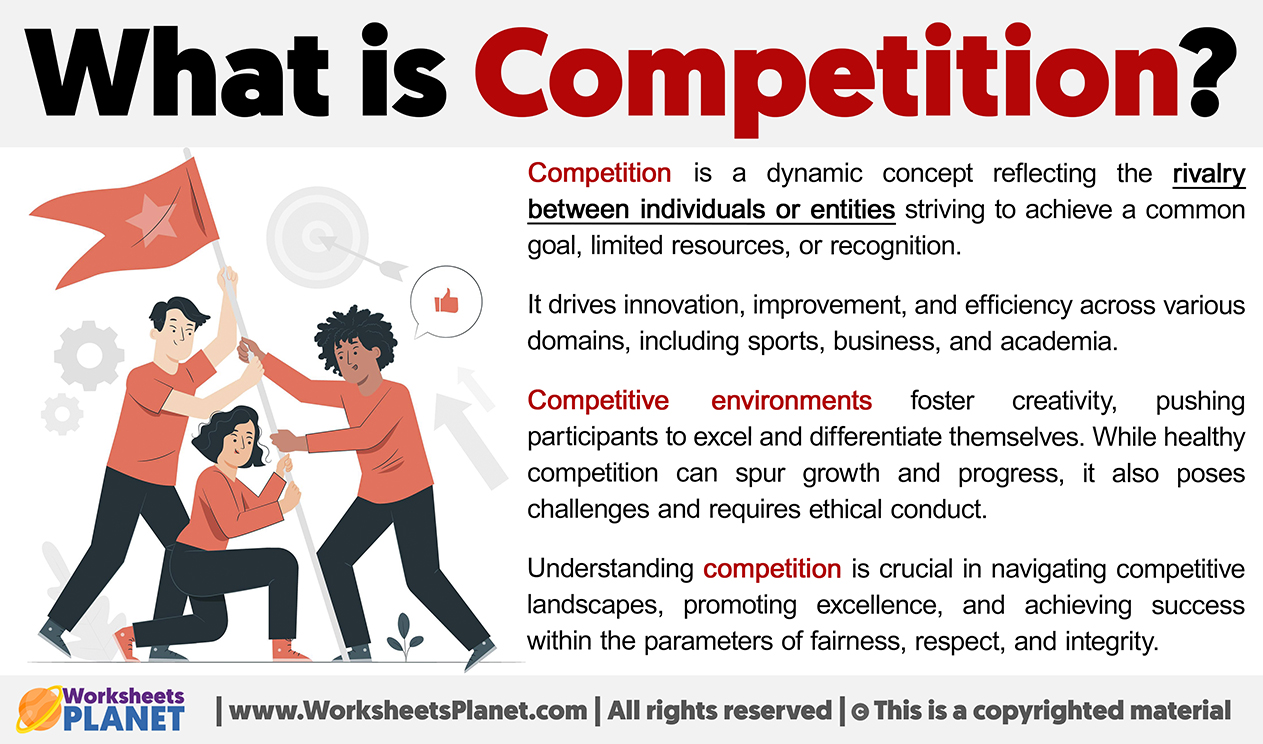Why Is Competition Not Necessary For Success

In a world saturated with narratives of relentless competition, the assumption that success hinges on outperforming others has become deeply ingrained. From corporate boardrooms to academic institutions, the pressure to 'win' shapes decisions and fuels anxieties. But is this pervasive belief accurate, or does another path to achievement exist – one that prioritizes collaboration, innovation, and internal growth over external rivalry?
This article delves into the counterintuitive idea that competition, while often perceived as a catalyst for progress, is not a prerequisite for true success. Examining evidence from various fields, we will explore how cooperation, a focus on individual strengths, and a commitment to continuous improvement can lead to more sustainable and fulfilling outcomes. This exploration challenges the conventional wisdom, offering a fresh perspective on how we define and pursue our goals.
The Myth of Competition as the Sole Driver
The notion that competition is essential for success is often rooted in the idea that it forces individuals and organizations to strive for excellence. It's believed that the threat of being outperformed pushes us to innovate, improve efficiency, and ultimately deliver better results. However, this perspective overlooks the potential drawbacks of a hyper-competitive environment.
Excessive competition can lead to stress, burnout, and a focus on short-term gains at the expense of long-term sustainability. A study by the World Health Organization (WHO) highlights the detrimental effects of workplace stress, often fueled by competitive pressures, on employee well-being and productivity. This contradicts the assumption that competition invariably leads to better performance.
Collaboration: A Powerful Alternative
Collaboration offers a compelling alternative to competition as a driver of success. When individuals and organizations work together, they can leverage diverse skills and perspectives, fostering creativity and innovation.
Examples of successful collaborative initiatives abound, from open-source software development to scientific research consortia. These endeavors demonstrate that collective intelligence and shared resources can achieve breakthroughs that would be impossible for individuals or isolated organizations to accomplish. The Human Genome Project, a massive international collaboration, stands as a testament to the power of shared goals and distributed expertise.
The Importance of Internal Benchmarking
Instead of focusing solely on outperforming competitors, organizations can achieve significant progress by focusing on internal benchmarking and continuous improvement. This involves analyzing one's own processes, identifying areas for improvement, and setting targets for future performance.
This approach fosters a culture of learning and development, encouraging employees to strive for excellence without the added pressure of external competition. Companies like Toyota, known for their continuous improvement philosophy (Kaizen), have demonstrated the effectiveness of this approach in achieving operational efficiency and product quality.
Focusing on Strengths and Purpose
True success often stems from aligning individual and organizational activities with core strengths and a clear sense of purpose. When individuals are engaged in work that is meaningful and aligned with their talents, they are more likely to be motivated, productive, and resilient.
This intrinsic motivation can be a more powerful driver of success than the extrinsic motivation that comes from competing with others. Research in positive psychology suggests that focusing on strengths and cultivating a sense of purpose can lead to greater well-being and achievement.
Redefining Success: Beyond the Bottom Line
Furthermore, a narrow focus on financial metrics as the sole measure of success can be detrimental. A more holistic approach to success considers factors such as employee well-being, environmental sustainability, and social impact. This broader perspective encourages organizations to prioritize values beyond profit maximization.
Companies that prioritize these values often attract and retain top talent, build stronger relationships with stakeholders, and create a more sustainable business model. This ultimately leads to long-term success that is not solely dependent on outcompeting others.
Looking Ahead: A Collaborative Future
As we move towards an increasingly interconnected and complex world, the need for collaboration and shared solutions will only grow stronger. By shifting our focus from competition to cooperation, innovation, and internal growth, we can unlock new possibilities and create a more sustainable and equitable future.
While competition may continue to play a role in some areas, it is crucial to recognize that it is not the only path to success. By embracing collaboration, prioritizing internal improvement, and focusing on purpose, individuals and organizations can achieve lasting and meaningful results.


















